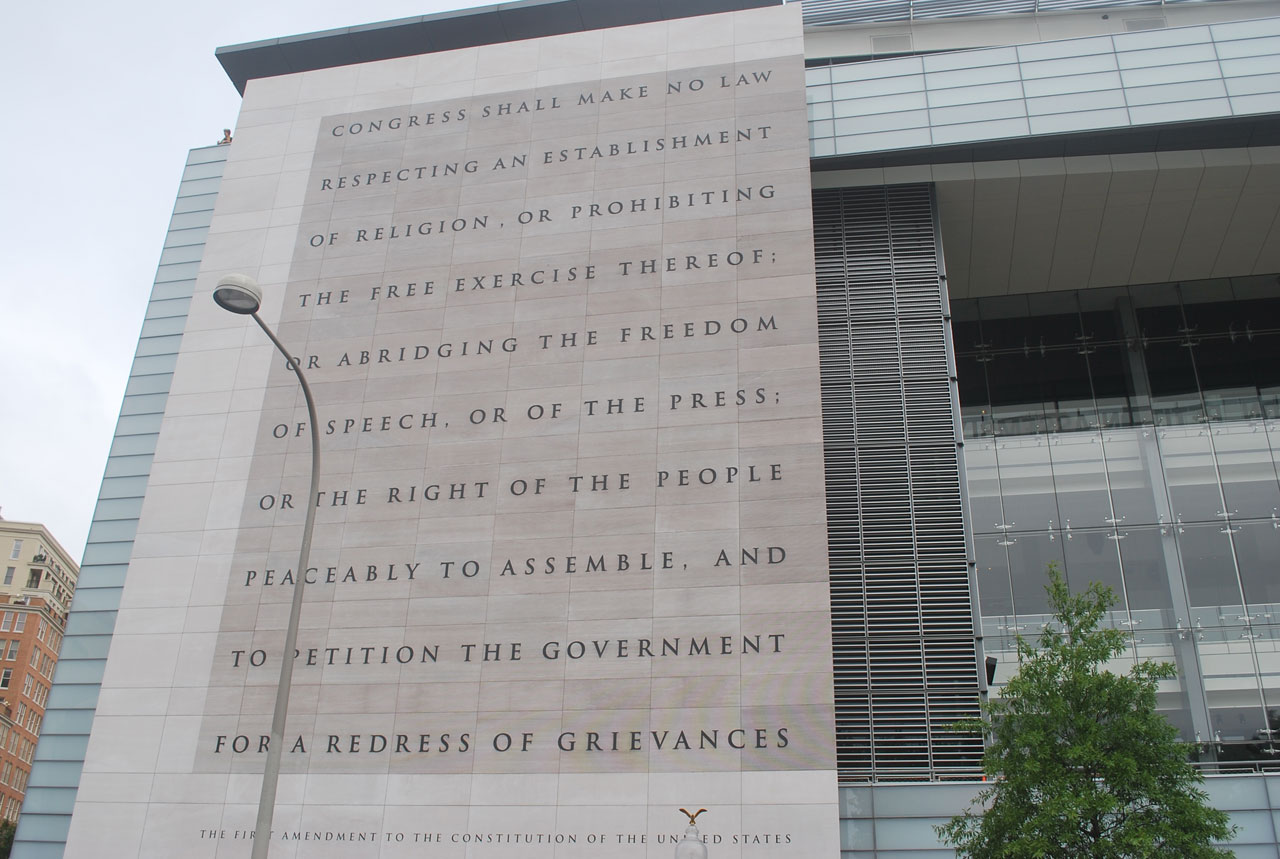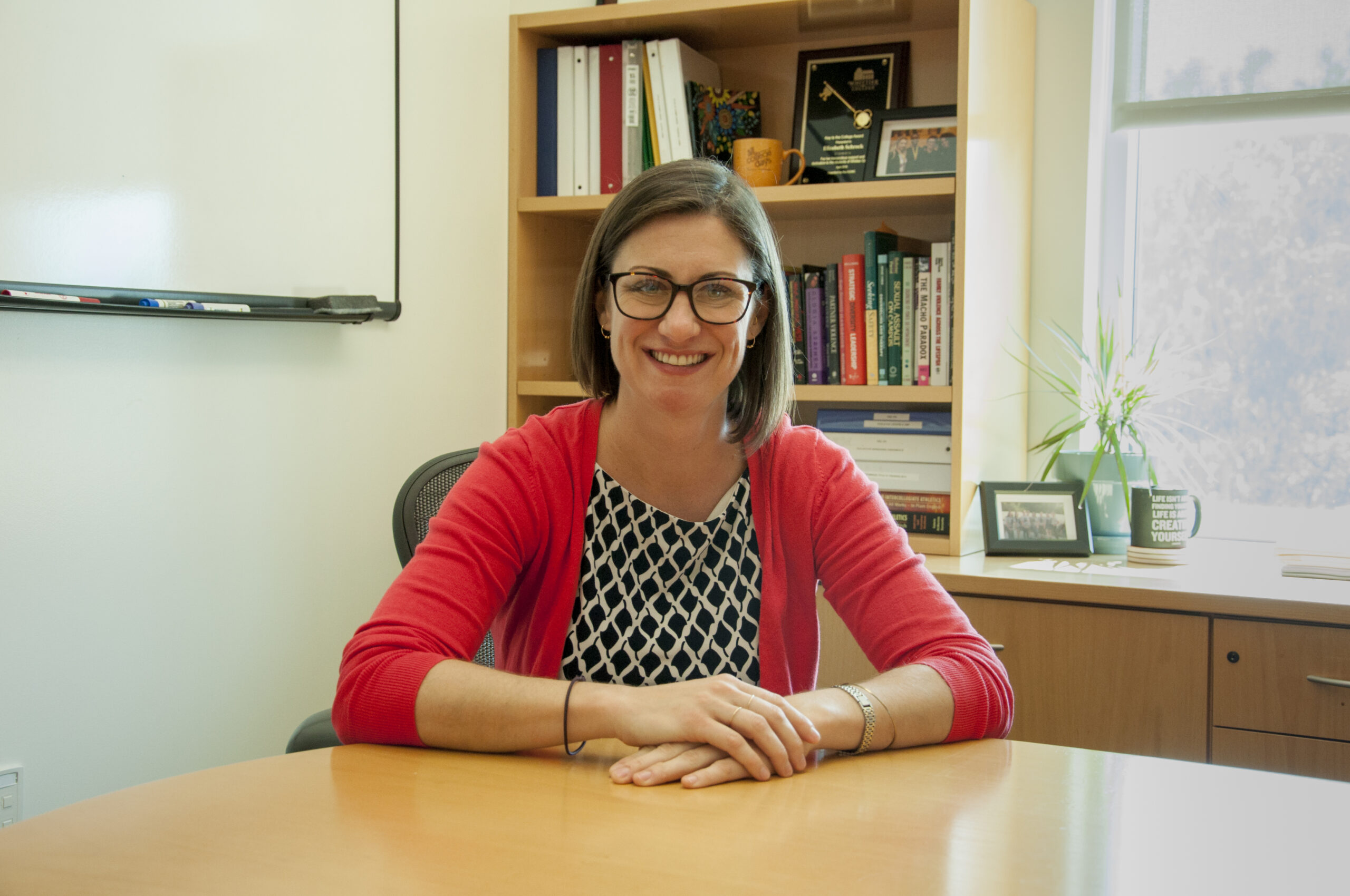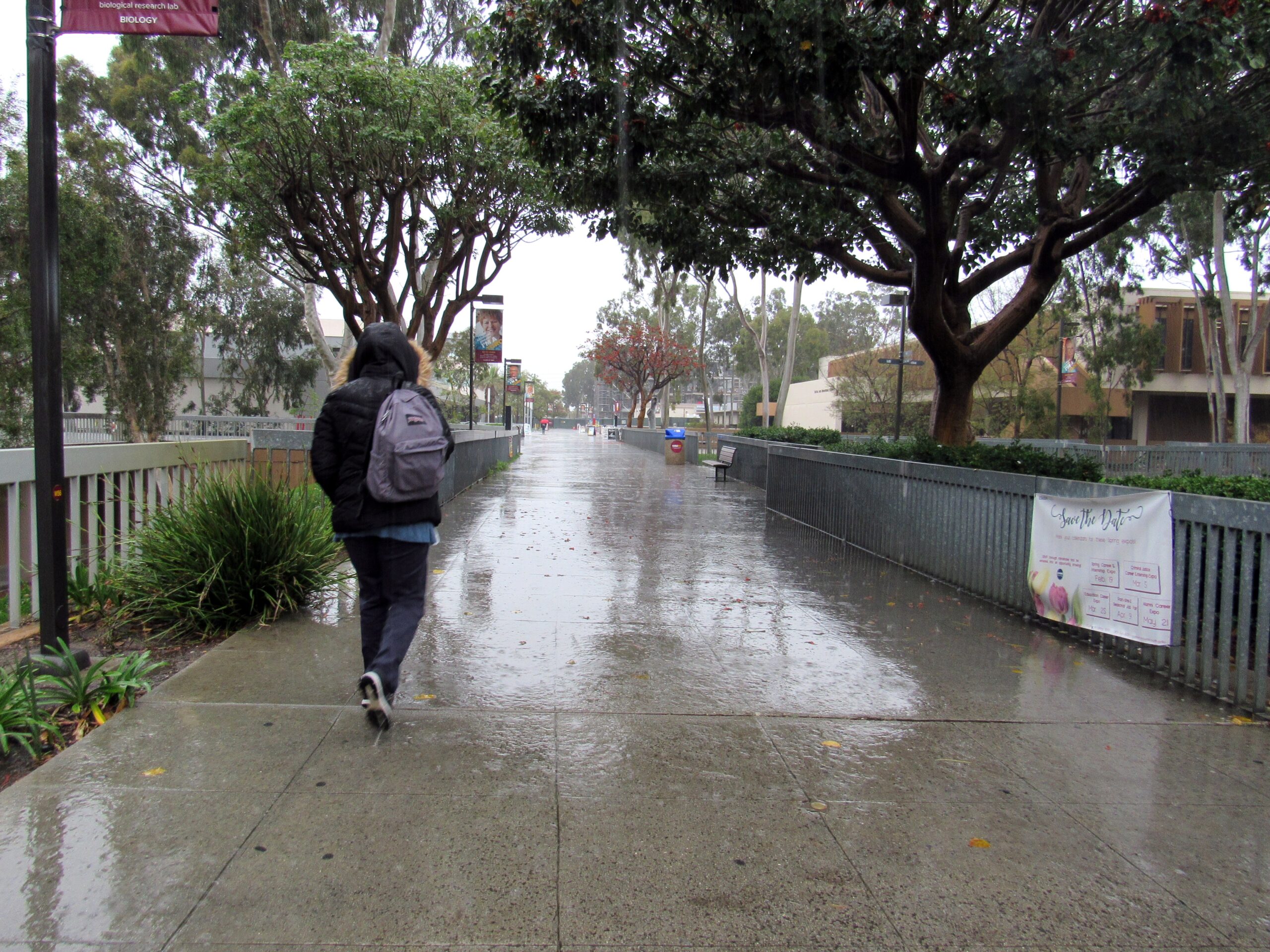By The Editorial Board
Photo by Peter Griffin, publicdomainpictures.net.
As part of the press mentioned in the above sentence, The CSUDH Bulletin holds the values articulated in the First Amendment as seriously and importantly as they were to those who made it the first addition to the U.S. Constitution.
And, yes, they were all men, white men, many of whom owned slaves or condoned the institution, and we harbor no illusions about how American history has so often failed to live up to the lofty ideals of that document.
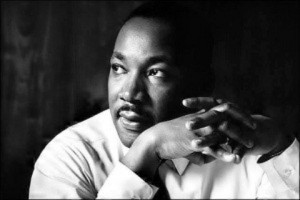
But, if there is truth in Dr. King’s words (quoting a 19th Century preacher) that the moral arc of the universe is long but that it bends toward justice, we feel that the freedoms safeguarded for Americans in that amendment, though painfully slow to come for many, are the primary reason why this country, warts and all, has weathered all its storms, from civil wars and great depressions to Jim Crow and the near genocide of Native Americans. And why it will survive the fractured, bitterly divided state of disunion we seem to be in TrumpAmerica 2019.
But just as it has taken work to get here, it will take work to get through this period and the challenges yet to come. Because nothing bends without someone bending it.
That is why we applaud the organizers of CSUDH’s first Free Speech week, particularly our academic senate and president Thomas A. Parham. For they realize that having the right to express ourselves is one thing; but knowing what that right means, and how to exercise it, is just as important. The individual’s right to free expression, and the right of our press (which obviously includes far more than the printed newspapers of 1789) to operate unfettered without government influence or censorship, is not a passive right. It takes action. It takes work. And the more citizens are educated about that right, as the weeklong series of Free Speech events
We could go on and on, but we’ll defer to a few words from individuals who capture the essence of the First Amendment far better than we could; words that remind us that with rights come responsibilities.

“Liberty is meaningless where the right to utter one’s thoughts and opinions has ceased to exist.” –Frederick Douglass
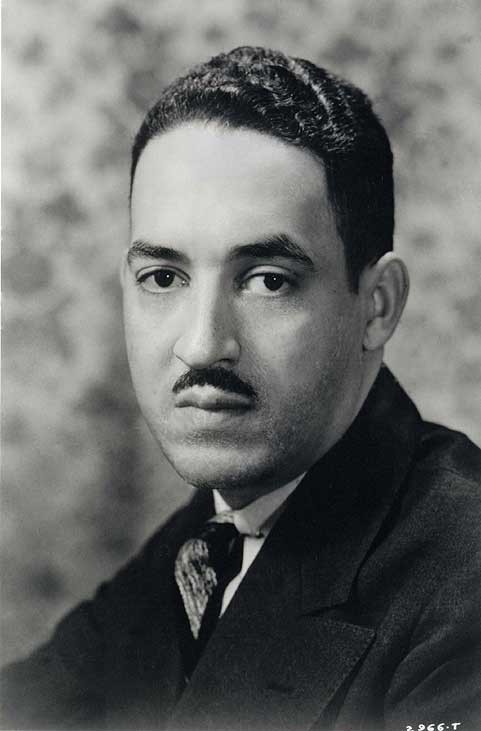
“If the First Amendment means anything, it means that a state has no business telling a man, sitting alone in his house, what books he may read or what films he may watch.” -Thurgood Marshall
“The First Amendment is often inconvenient. But that is beside the point. Inconvenience does not absolve the government of the obligation to tolerate speech.” –Anthony Kennedy
“I begin to feel like most Americans don’t understand the First Amendment, don’t understand the idea of freedom of speech, and don’t understand that it’s the responsibility of the citizen to speak out.” –Roger Ebert

“If liberty means anything at all, it means the right to tell people what they do not want to hear.”–George Orwell
“If there is a bedrock principle underlying the First Amendment, it is that the government may not prohibit the expression of an idea simply because society finds the idea itself offensive or disagreeable.” –William Brennan
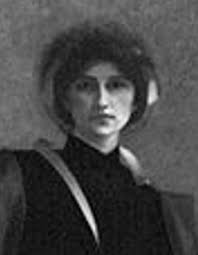
“I disapprove of what you say, but I will defend to the death your right to say it.”–Evelyn Beatrice Hall
“Restriction of free thought and free speech is the most dangerous of all subversions. It is the one un-American act that could most easily defeat us.”–-William O Douglas
“If all my possessions were taken from me with one exception, I would choose to keep the power of communication, for by it I would soon regain all the rest,” —Daniel Webster
“I’m as mad as hell and I’m not gonna take this anymore!’ —From the 1976 film “Network.”

